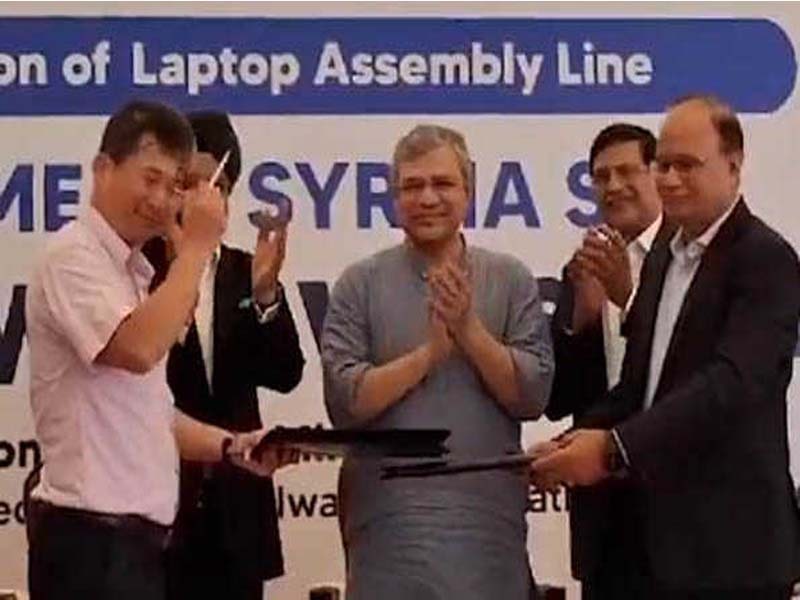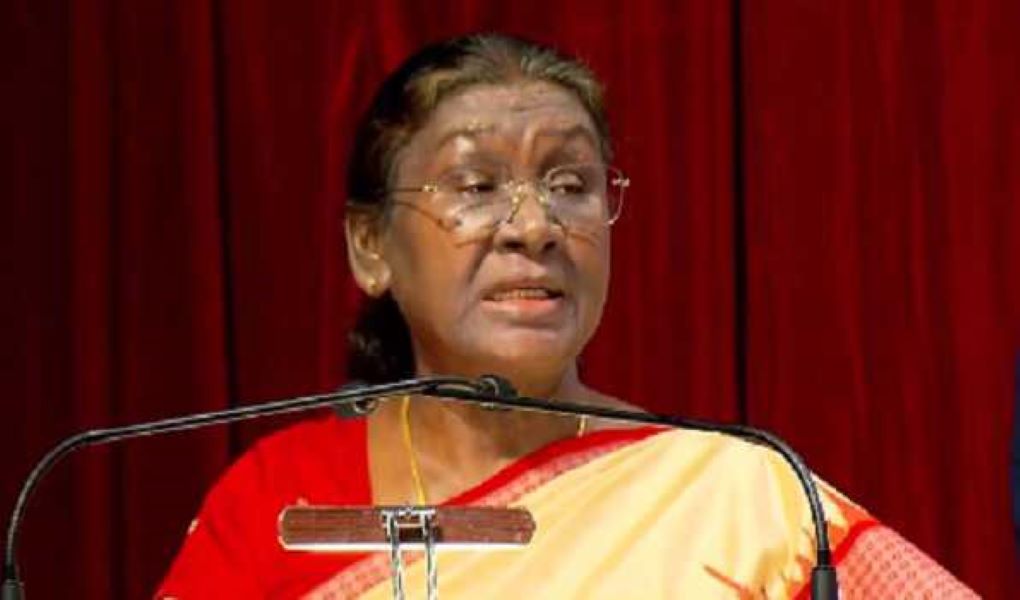CCMB, Hyderabad Scientist receives CSIR Young Scientist Award for biological sciences
Hyderabad, Sep 28 : Dr Divya Tej Sowpati, Scientist at CSIR-Centre for Cellular and Molecular Biology (CCMB), Hyderabad, received the CSIR Young Scientist Award for biological sciences.
Dr Sowpati started his independent group at CCMB in early 2019.
His research interests are understanding genetic and epigenetic variation among cells as well as individuals.
Within a year, as the COVID-19 pandemic struck the country, Dr. Sowpati and his team have focused on tracking and analyzing the coronavirus variants. In this year and a half, they found variants such as A3i found first in India.
They also studied how gradually this was taken over by dominant variants such as A2a. They studied mutations in these different variants and compared them with global ones to identify any reason for worry.
This team has sequenced more than 10000 viral genomes so far, and analyzed more than 60k Indian viral genomes to understand the viral evolution. It has been instrumental in CCMB’s efforts in genome surveillance, such as via INSACOG.
“I and my team have been fortunate to be a part of CCMB’s COVID-19 mitigation efforts. This gave us an opportunity to utilize my skillset and knowledge towards a societally relevant work. This award goes to my team, family, friends, colleagues, and mentors for their support and encouragement,” says Dr Sowpati.
“Dr Sowpati is a very talented young scientist, and the award to him brings us immense joy. We are dedicated to supporting and nurturing talented young Scientists at CCMB. He is an example of what young researchers like him can achieve given the right kind of facilities and ambiance.”, said Dr Vinay K Nandicoori, Director, CCMB.
He also added, “CCMB’s dry swab-based one-step COVID-19 testing method was awarded the certificate of merit in CSIR’s Technology Award. The method was designed and developed by our Ph.D students of CCMB. It is time for us, as a country, to give enough agency and support to our young scientists.”(UNI)





